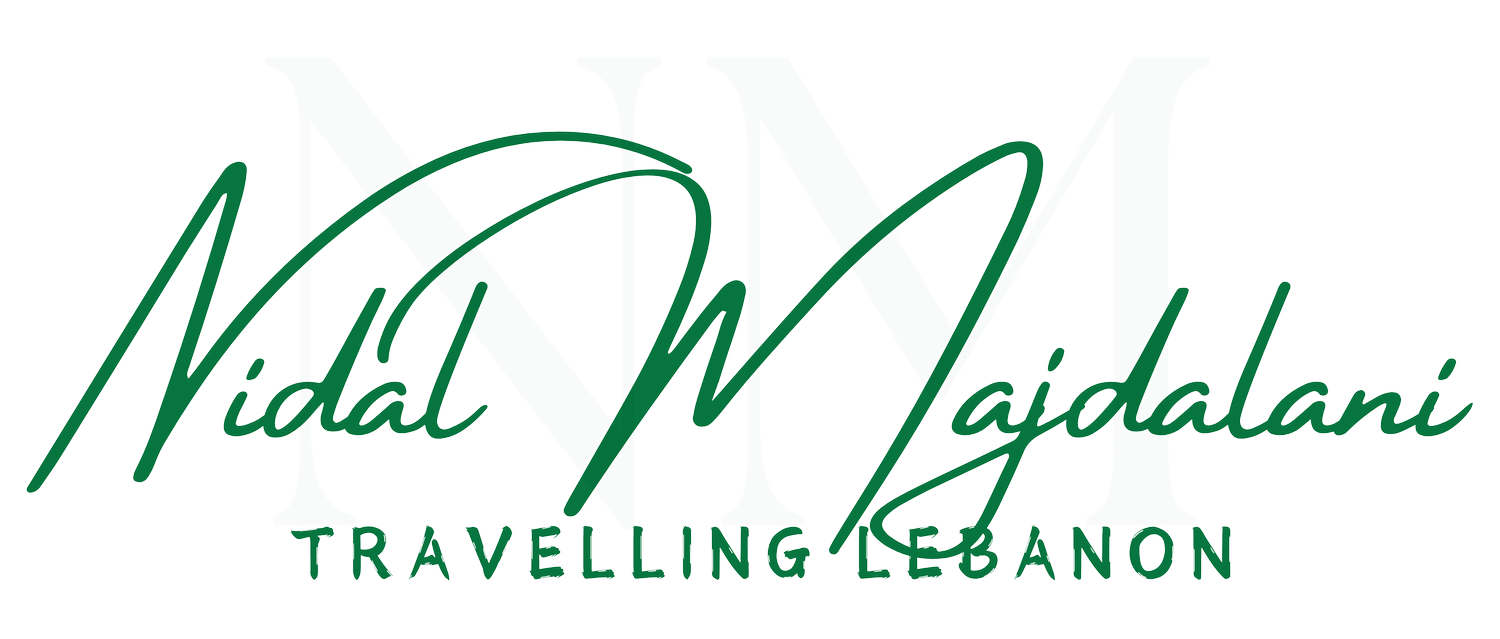Today's Lebanon’s Sky: A Stunning Sun Halo with a Deeper Climate Message
Lebanon's skies have long been a source of wonder for me, offering daily displays of natural beauty. Today was particularly exceptional. As the afternoon sun began its descent, I captured a rare and mesmerizing sun halo over Beirut—a luminous ring encircling the sun, formed by the refraction and reflection of sunlight through ice crystals in the upper atmosphere.
Following this spectacle, the sky showcased a stunning array of cloud formations. Delicate cirrus clouds, resembling wispy strokes of a painter's brush, were interspersed with broader expanses of cirrostratus clouds, giving the sky a milky veil. As the evening progressed, darker, more substantial clouds emerged, likely altostratus or stratocumulus formations, which often indicate increasing moisture and a potential approaching weather front.
A Shift in Weather Patterns
February is typically one of Lebanon’s wetter months, however recent climate data suggests that precipitation levels have been significantly below average this year, raising concerns about drought conditions and their impact on water resources and agriculture.
Additionally, snow accumulation levels are shifting to higher elevations, while snow duration has decreased significantly—from almost 110 days in previous years to less than 60 days in some areas. As temperatures rise, sunny weather accelerates snowmelt, and with fewer storms this winter, snow accumulation has remained minimal.
The sun halo and cloud formations observed today are often precursors to a weather shift, suggesting the possibility of rain or snow in the next 24 to 48 hours. Given the ongoing precipitation deficit, such a development would be most welcome.
These changes not only affect Lebanon’s natural beauty but also threaten water security, agriculture, and ecosystems. As we admire our skies, it is crucial to recognize these signs as urgent reminders of climate change.
By implementing sustainable practices and supporting environmental initiatives, we can help preserve Lebanon’s natural heritage for future generations.




